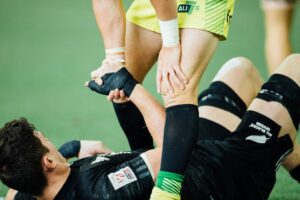
Sports Injuries: Causes, Treatment, and Prevention
Whether you’re a weekend warrior, a competitive athlete, or just love staying active, sports injuries
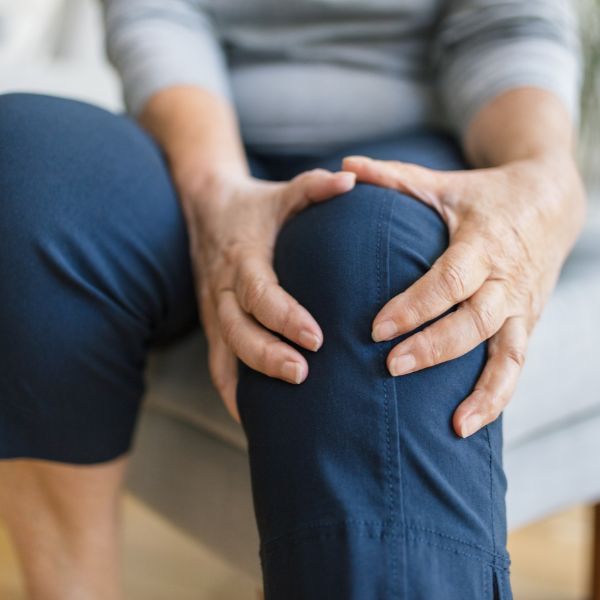
LCL tear treatment focuses on addressing injuries to the lateral collateral ligament (LCL), a crucial ligament located on the outer side of the knee. The LCL provides stability and prevents the knee from bending too far outward. Tears to the LCL are often caused by trauma or impact, particularly in sports or accidents. Treatment aims to restore stability, reduce pain, and allow patients to return to normal activities.
LCL tear treatment varies depending on the severity of the tear. Mild LCL injuries may heal with non-surgical methods like rest, bracing, and physical therapy. In severe cases, particularly when the LCL is completely torn or combined with other knee injuries, surgery may be required to repair or reconstruct the ligament.
Candidates for LCL tear treatment typically include individuals who:
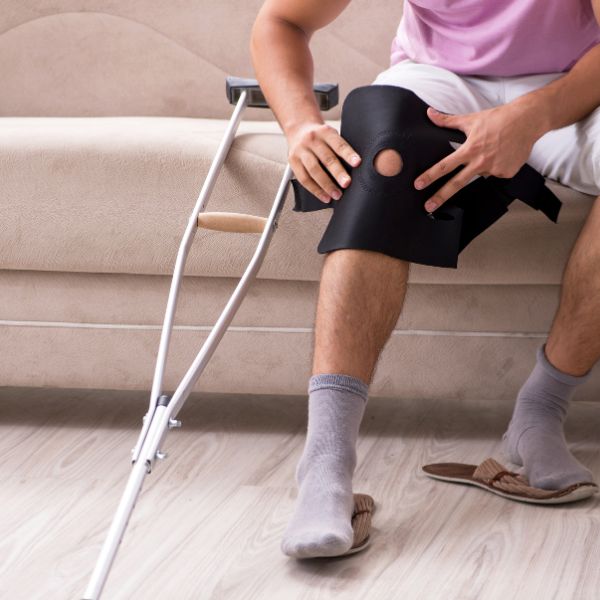
In cases where LCL surgery is required, the procedure may include the following steps:
Surgery typically lasts around 1 to 2 hours and may be performed as an outpatient procedure.
Recovery from LCL tear treatment, whether surgical or non-surgical, involves a structured rehabilitation program. Recovery steps include:
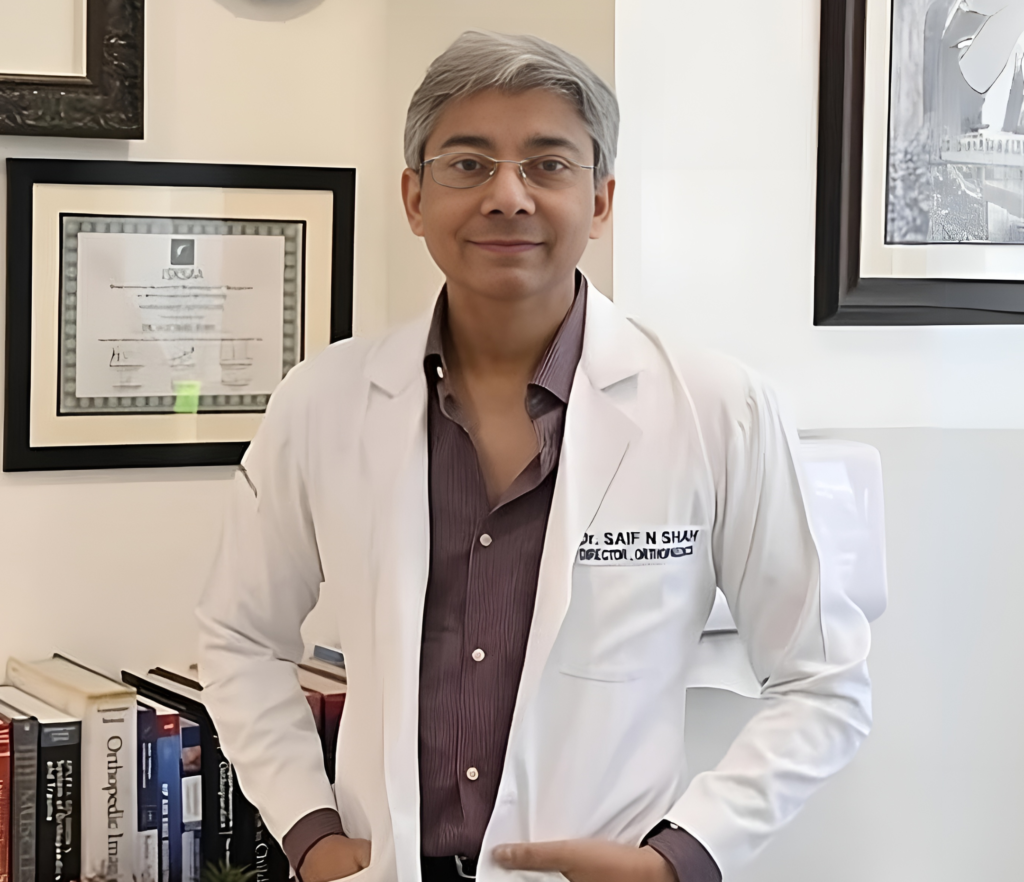
I currently practice at Medanta Hospital, Lucknow, where I’m the Director of the Institute of Musculoskeletal Disorders and Orthopaedics.
My expertise covers Partial and Total Knee Replacement Surgery, Hip Replacement Surgery, Revision Surgeries, as well as Spinal Decompression & Fixation. To date, I’ve performed over 1500 joint replacement surgeries and more than 5000 orthopaedic surgeries.
Don’t let pain hold you back.
Mild LCL tears (Grade I) may heal on their own with conservative treatments like rest, ice, and physical therapy. In these cases, the ligament can heal naturally over time. However, more severe LCL tears (Grade II or III), especially complete ruptures, may require surgical intervention to fully restore knee stability. It’s important to consult with an orthopedic specialist to determine the best treatment plan based on the severity of your injury.
Sleeping with an LCL tear can be uncomfortable due to pain and swelling. To ease discomfort, you can:
Eating a balanced diet rich in certain nutrients can support ligament repair and recovery. Some recommended foods include:

Whether you’re a weekend warrior, a competitive athlete, or just love staying active, sports injuries
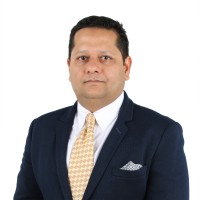


Dr. Saif Nabi Shah is an exceptional orthopedic surgeon. He is highly skilled, knowledgeable, and compassionate. I recently visited him for a consultation regarding a long-standing knee issue, and I was impressed by his thorough approach. He took the time to listen carefully to my concerns, performed a detailed examination, and explained the diagnosis and treatment options clearly.
Connect with Dr. Saif Nabi Shah today!